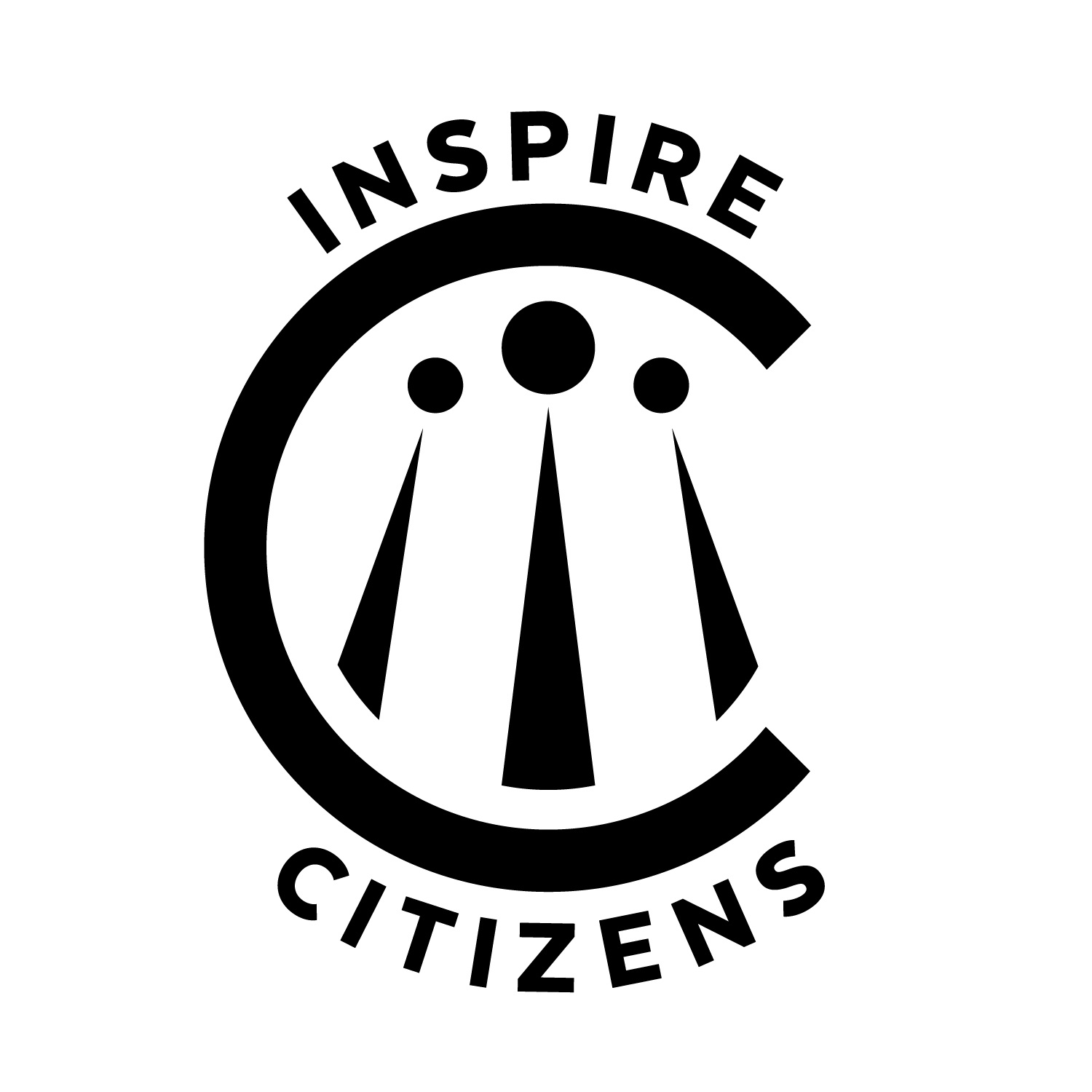Guardians for the Future: An Educational Movement Begins
"The Guardian Project is our north star—guiding us beyond the day-to-day toward a vision where future generations inherit hope for a better tomorrow"
— Robert Landau,
Founder , The Guardian Project
In a moment where the outlook for the future seems increasingly uncertain—for the planet, for justice, for our children—a novel educational movement is quietly taking root: The Guardian Project.
Moved by the urgent realities of our time, Robert Landau, long-time international school leader and systems change advocate through Two Roads Education, found himself unable to make the same promise to his grandchildren that his parents made to him: that the world they inherit will be safe, sustainable, and just.
Robert found himself lacking confidence that the environment, the economy and even our health would be the bedrock upon which our society would be founded beyond our current time. This inarguable drift into uncertainty has catalyzed a bold vision: what if we could start transformation not at the top—of the political hierarchy nor education policy—but from the very beginning, in elementary, middle and high school, when values are formed and identity is emerging?
Together with co-directors Lauren Jones, an independent educational consultant and Aaron Moniz, co-founder of Inspire Citizens, plus five other guiding coalition members, The Guardian Project is quickly becoming more than a hopeful concept. It is becoming a movement. Headed by a Guiding Coalition of widely respected leaders in student agency, student support, global citizenship, non-profit leadership, equity and systems design, The Guardian Project has its foundations in decades of experience and best practices in the international education realm.
A Movement, Not a Mandate
The Guardian Project doesn’t aim to add another layer of bureaucracy or hoop-jumping for already overburdened schools. Instead, it begins with a simple but powerful act: joining.
Lauren explains that Guardian Project schools commit to five core promises:
1. Celebrating identity and culture
2. Civic engagement and social justice
3. Stewardship and global issues
4. Entrepreneurship and innovation
5. Empowering engaged changemakers
From there, schools, organizations,and individuals are invited into a recognition framework—not to earn a badge for display, but to connect, reflect, and grow. Whether emerging or exemplary, each school becomes part of a peer-to-peer network where stories, resources, and lived experiences are shared. In essence, schools become part of an ecosystem of mutual growth.
“Schools register to become a Guardian Project school and display a badge of commitment,” explains Aaron. “From there, a recognition system helps schools focus their practices. When they submit evidence, our guiding coalition reviews, offers suggestions, and recognizes progress—from silver to a model school, organization or individual..”
School development timelines are significantly improved, explains Lauren. “Instead of a school having to find its way, which could take years, the map may already exist. A school will likely find its story through other schools’ stories and will greatly benefit from curated resources provided as part of our membership program.”
The Power of Collective Action
Leveraging extensive worldwide networks that already exist, The Guardian Project is built on the principle of “guardians become guardians.” Once a school reaches a certain level of demonstrated strengths, another opportunity opens up. A connection is established with another school—perhaps one with fewer resources or located in a different part of the world—and the two entities are linked. Not to fix nor to teach. But to share the path.
Investing their significant expertise and experience, Aaron Moniz, Lauren Jones and Robert Landau are united in their vision for The Guardian Project.
This model extends the perceived limits of service learning. The vision extends to creating a culture of commitment, where schools recognize their shared stake in our collective future. As Robert shares from experience in Cambodia, “you can’t go in and pick up trash on someone’s campus and expect change. The mindset must come from within.”
Accessible, Inclusive, and Sustainable
With a nonprofit structure and a membership model designed to lower financial barriers, the Guardian Project isn’t trying to monetize transformation. All revenue is reinvested in scholarships, resource curation, mentorship programs, and virtual events.
Aaron frames it in a relatable form: “For less than the price of one day of consulting, schools get a citizenship framework, a recognition system, a community, curated resources, and immediate access to the wisdom of other schools and a consortium of experts.”
This accessible model allows schools of various sizes and budgets to find their place in the movement. As Lauren notes, “it’s not elitist. It’s inclusive, it’s equitable, and it’s scalable.”
Adding Voices to the Promise
What started as one grandfather’s wish for his grandchildren is now becoming a way for schools to promise something bigger—to every student, every family, and the future itself.
“The Guardian Project offers us a chance to live our vocation as educators to enact this promise,” Robert insists. “If our littlest kids don’t become engaged changemakers from the earliest age, we won’t see the future we dream of for them.”
The Guardian Project is now live. The website has just launched and Guardian-minded schools are already engaging. A growing coalition of schools, educators, and thought leaders are beginning to carry this torch forward school by school, promise by promise.


